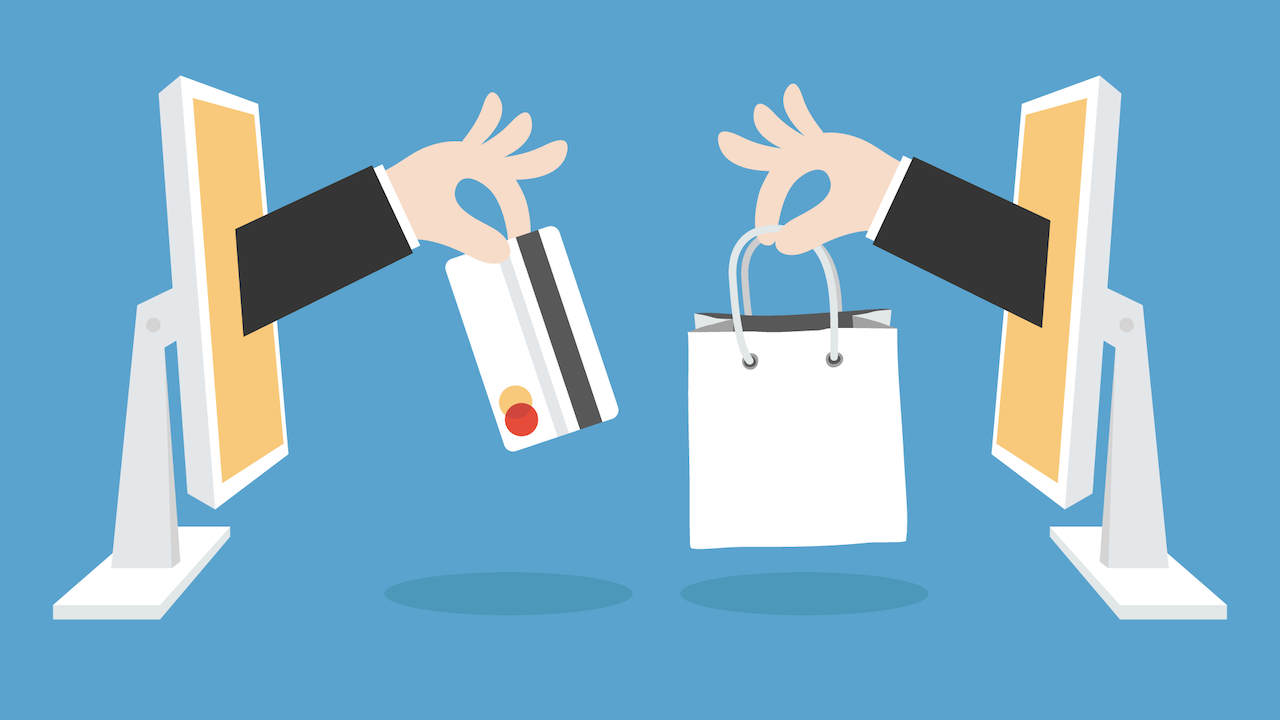Until you stop and think about it long enough, you’ve probably forgotten just how much of your purchasing habits revolve around the internet. Something that was, at best, an uncommon activity for a small percentage of us 15-20 years ago has now taken over the world.
Safe Online Shopping
Now our online shopping has become so commonplace that many of us conduct ourselves with more than just a little complacency, and that’s what online scammers are counting on as it assists them in their attempts to con you out of your money or, potentially even worse, your critical data and information.
Common Online Shopping Scams
The level of online shopping scamming is always on the rise, with new ways cropping up regularly.
Currently, one of the most seemingly effective online scams revolves around gift cards; you might receive an email or text claiming that you have been sent a gift card, which is, of course, a common occurrence, and that you should then click on the relevant link. This is when you’ll be asked to enter your bank details, which you should never do as this is something a genuine retailer would never request.
Advertisement
Content in this Article
A similar scam revolves around coupon codes, once again you’ll find yourself greeted by a message of a great deal or way to save money with your next purchase, but the coupons are just a way to entice you into clicking and then potentially entering in key details, which are then mined by scammers.
Shopping account hacking is another common form of scam, and this basically means that a hacker has gotten into an online store and will retrieve relevant login information, which they may then attempt to use on other sites. That is why you should always look to mix up your choice of login and password information; otherwise, you are just making it easier for your security to be compromised.
There are a few relatively easy steps to take that will protect you from many of the most frequently used methods of scamming; here is just a handful.
Always Be Cautious, Read Reviews Of Online Stores
Much of our online shopping occurs at well-known outlets, but we often try out new sites, and when doing so, you should never go in ‘cold.’ You should run a check on just how reputable and reliable an online vendor is long before you consider purchasing anything.
A great way to do so is via online comparison services, where you can get genuine reviews of services, not just in terms of how trustworthy they are but also to see just how they match up against their competitors when it comes to price, delivery timetables, customer service and all manner of other important metrics.
It’s All About Your Key Data and Information
Pretty much any scam or fraudulent activity that occurs in relation to online shopping is all about getting your key information, and the ways in which these individuals and entities looking to do so are getting increasingly state-of-the-art and smart. This means you need to be extra vigilant when it comes to providing this information.
So when it comes to having to remember a host of different passwords, and by now many of us have dozens to remember, you should consider using a password manager service which will make it easier to use multiple passwords while remembering them and changing them frequently.
Anti Virus and Security Protection
If you are conducting much of your online shopping via a PC or Mac, then you need to have some form of anti-virus and security protection. If you do have this in place, make sure it’s not expired, as otherwise, it’s not much use.
Avoid Using Unsecured Wi-Fi
You should steer clear of using wi-fi services outside your home and work when you are going to be shopping online, and if you do so, we’d suggest you use a VPN service to give you additional security to help protect yourself from any breach or scam.
Be Smart. Never Click On Unsolicited Links or Emails
All of us are regularly bombarded by texts, WhatsApp messages, and emails from people we do not recognize. Often these purport to be from legit online stores, usually promising great deals or some type of incentive designed to make us click.
Ideally, you’ll learn to delete these even before you open them, but even if you do happen to click on the message itself, never ever click on the links contained with these communications, as doing so may well compromise the security of your device.
Use Safer Payment Methods
In 2023 many online stores now accept a raft of payment methods which is not only significant from an accessibility perspective but also gives you a lot more security. For this reason, we’d suggest you avoid using debit cards for transactions, even when using well-known online stores.
If you use a credit card, you will usually have a decent level of security offered by your provider, which is very handy in case someone manages to get your details. Another way to protect yourself from breaches is to use an e-wallet such as PayPal, which means anyone who gets access to your account gets nowhere near your general banking information.
These are just basic steps we can all take to help give us some level of confidence when we shop online. If you start to get into the habit of running through a checklist of steps prior to using a new service, it will soon become second nature. These actions are easy to remember and might make all the difference.

